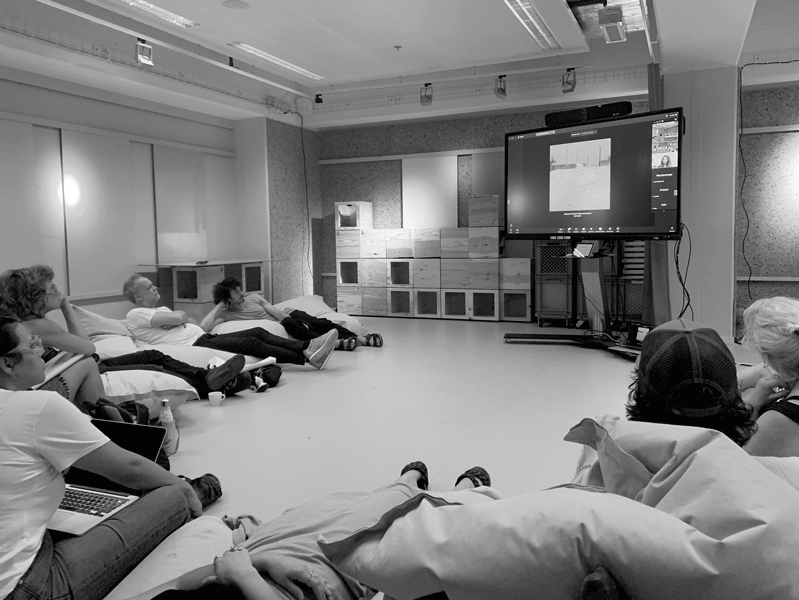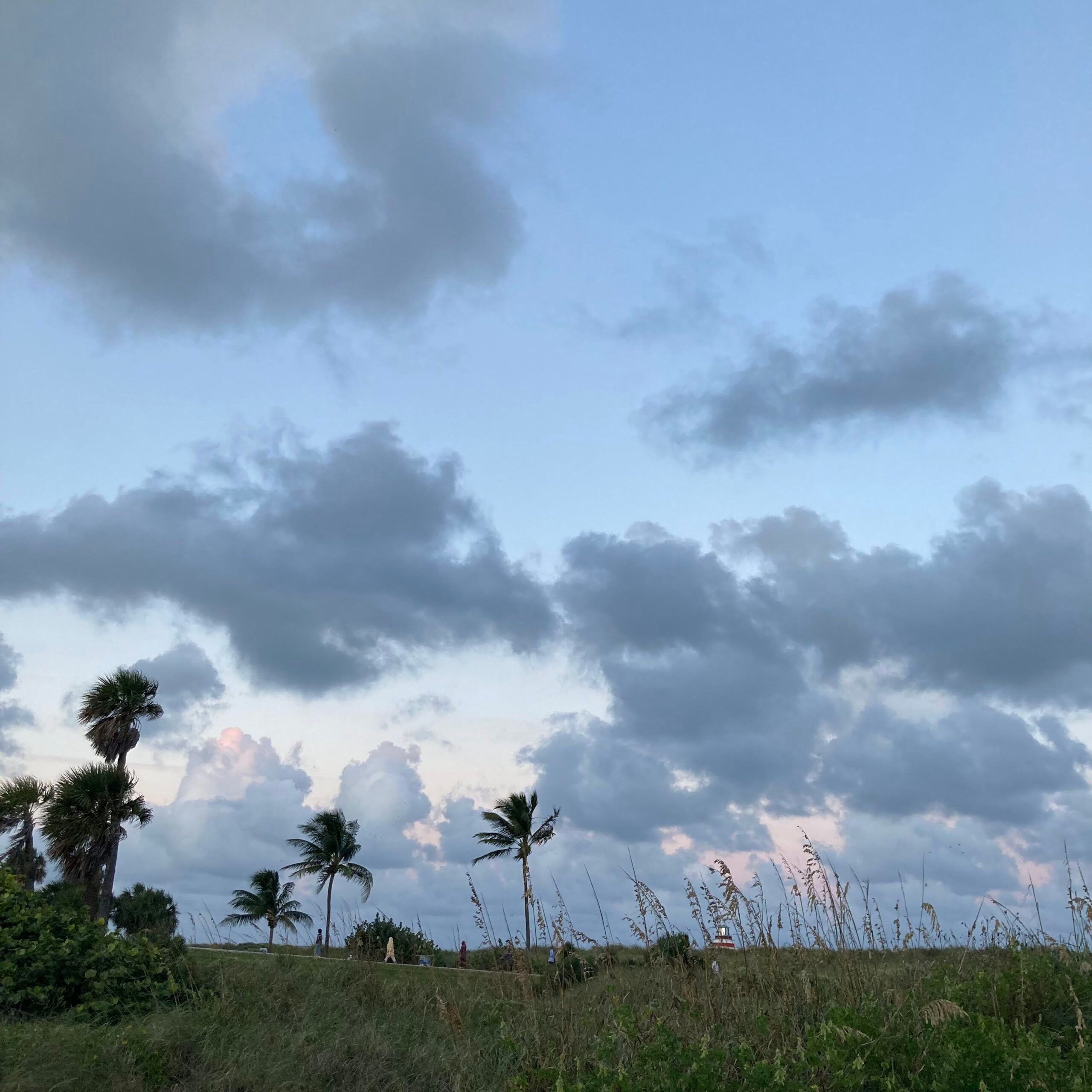The oceans are a global commons – belonging to everyone, and no one, at the same time. In an era of biomedical dominance, pharmaceuticals are also increasingly traversing the global commons – contributing to the broad formation of human pharmaceutical selves and entering into the bodies of aquatic life along the way. Gulf stream researchers, for instance, have identified nearly 60 medications within the bodies of fish in Florida waters, the primary fieldsite for this project. This discovery makes real the expansion of pharmaceutical selves beyond the human and into the aquatic, upending marine mating, migration patterns, and shoaling behaviors.
Given such anthropogenic infringements, feminist, decolonial, and critical thinkers call for a restructuring of human-non-human relations. Poststructuralists like Guattari offer an “ecosophical” approach to relationally address three ecological registers: human subjectivity, social relations, and the environment. Taking heed of these registers, we ask: How are human and non-human subjectivities entangled in an era of pharmaceuticalization? With drugs acting as a contemporary human-non-human bridge, how can we re-imagine human-non-human healing across ecologies?
This project coordinates social scientific and artistic methods to engage with these questions. It also moves to cultivate a shoaling-centered praxis, where shoaling occurs when fish relate in both independent and interdependent ways – akin to dolphin pods and flocks of birds. To do so, this project will pursue various routes of exploration, including “deep hanging out” with professional and citizen scientists, letter-writing to the aquatic, and the incorporation of plastic ephemera, fish sounds, and poetic reflections. Mimicking citizen science maps of microplastic water samples, it will culminate in a digital eco-archive, mapping relations across these materials. In doing so, it aspires towards a multi-sensorial, multi-perspectival piece that will form the Gulf Stream phase of this project.


